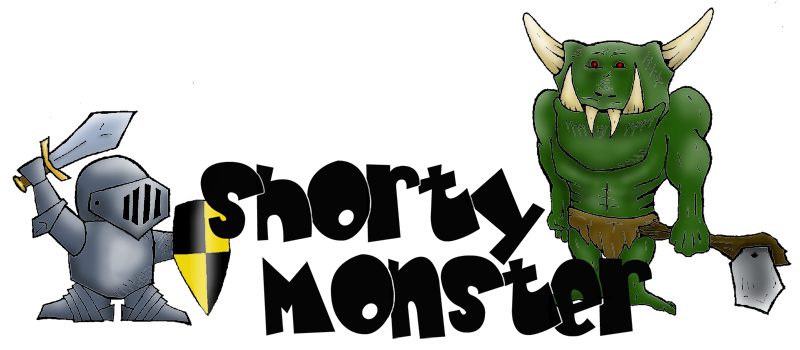I find religion in RPGs can often leave me a little disappointed . I suppose that a lot of that has to do with my opinions of religion in real life, and I know that what we’re dealing with is a fantasy world, but it still contains people, just like our own world. Just throwing this out there as I’m not writing this to offend, but I am an atheist and will be writing from that position. If you would like to turn your head away now, please feel free. If you want to post comments based on your own beliefs, I draw your attention to my thoughts about what goes into the comments section of this blog. Now, onward to the good stuff.
It’s easy to assume that most fantasy pantheons have a lot in common with Greek/Roman gods; a whole host of them, each with a domain they watch over whilst competing with other gods for whatever the divine equivalent of prestige is. I do see the appeal of this as both ancient mythologies are still very popular and have plenty of gold left to mine. The only real problem I have is when they are over used, when every other system has a thunder god, a god of love and a god that just loves to get down and party.
Yes, there are variations, but most of them follow a very similar path; a god of magic, of necromancy, a god that exists just to help out healing injured adventurers. This is all well and good, but it can lead to a dead-end roleplaying wise. A god will want you to behave in certain ways to get the benefits of following it, and this means a follower of god A, will act that way. Not saying that all of them will, but enough to make them look like an homogeneous lump of personality clones.
When comparing this to real world religion, with more gods and beliefs than you could shake a stick at, we see this does not happen. Almost every religion in the real world has fractured at some point in its history and these schisms have become separate entities with grudges against people who believe in the same god, but choose to show that deference in a different way.
A big reason for this is that when a lot of real world religions were founded, most of the cultures were isolated or were empires who could push down hard to enforce a ‘one true god’ religious structure. When this happens everyone in the society has to find their place, and people with wildly differing personalities have to interpret the tenets of their faith in a way that allows them to fit in. This has happened in a fantasy game I’ve played in. A D&D 3rd game in a world built for the most part by the GM. The player group were all Dwarven, and all believed in one god, whose name I currently forget. Because this was the way it had been for centuries, at assumed that being born a dwarf meant you would follow this god, no matter what your career or class. this meant no matter what alignment you played, or class, you were one of the faithful. I was the group cleric and played it lawful/evil, but was still accepted because I was such a faithful devotee and acted within the law. This very true of real world religions where the extremists are propped up by the massive amount of more moderate followers.
Early modern English history however teaches that schism can happen within one country for matters as simple of dynastic continuity/wanting to shag someone else and not have the kid be declared a bastard. With this kind of thing happening so little in fantasy games, I was again left scratching my heads as to the why fore. Then a simple thought hit me; gods in a fantasy setting actually exist. They can be seen, communed with, and preform miracles that go beyond the natural.
But do they have to? I have played some great games where magic is explainable within the physics of the setting, changing it from supernatural, to the natural. By this I mean the kind of thing that could be measured under laboratory conditions. Could the same be said of gods and godlike entities within the same settings? If they were real and acted within the confines of the natural world, they would have no reason to be worshiped en masse, instead being seen in the same light as giant ‘magical beast with sentience’, dragons spring immediately to mind. There are those who would still look upon them as otherworldly and choose to venerate them as gods, as there are in the real world. This could lead to just as much re-interpretation and fracturing of the faiths as in our own world, and I just think that this would make playing a believer a hell of a lot more interesting from a roleplaying point of view.
